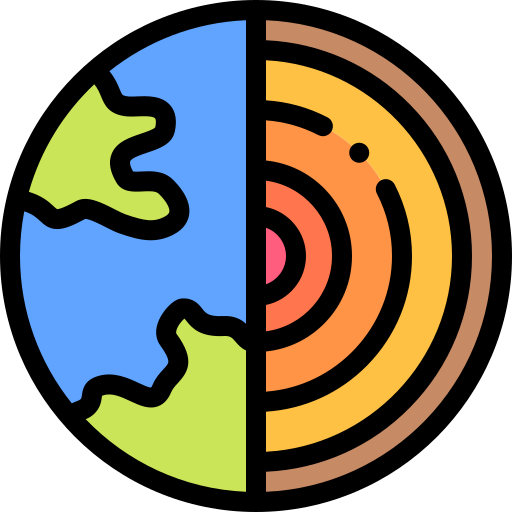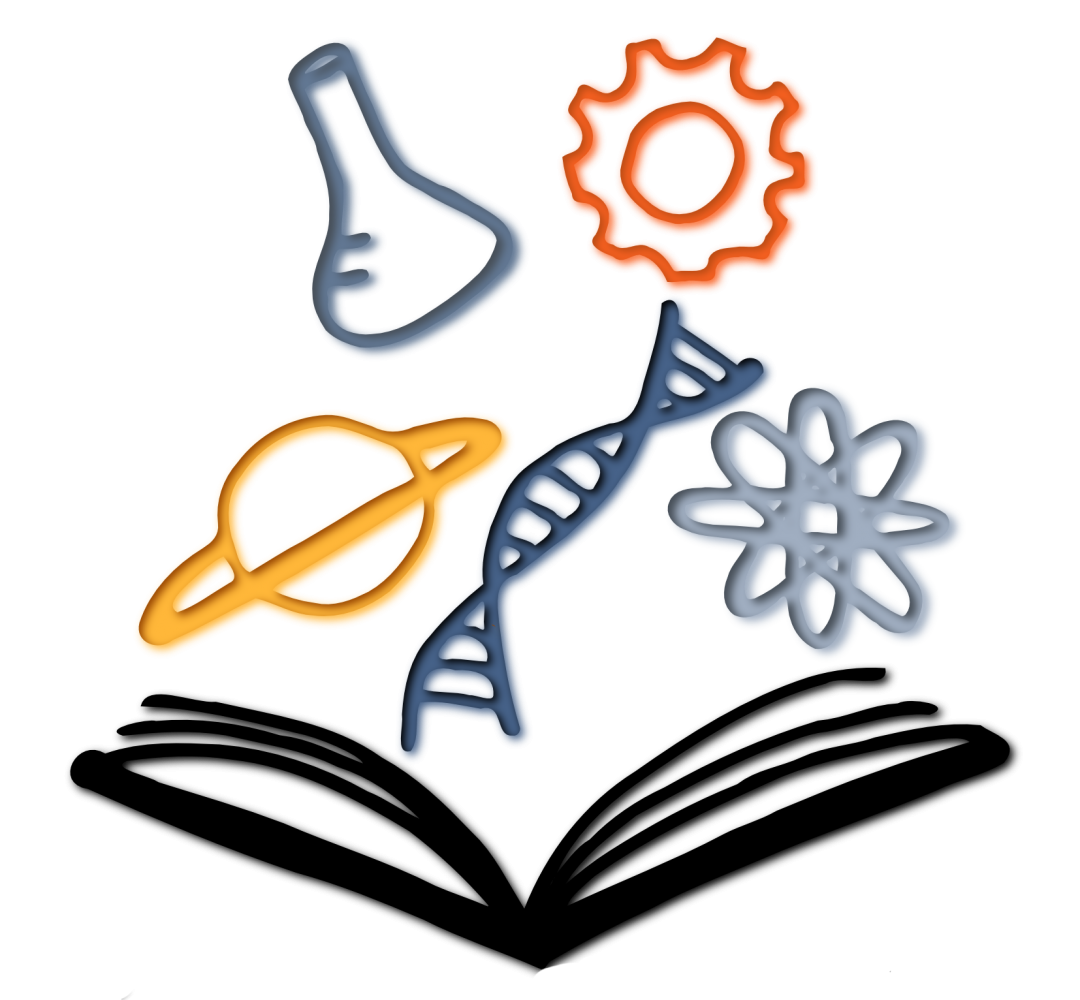
Never really got into TikTok myself, always just seemed like a worse version of Vine. But I’m also not the target demographic so there’s that.

Never really got into TikTok myself, always just seemed like a worse version of Vine. But I’m also not the target demographic so there’s that.

Hah, fair enough. I was using that more as the generic “go do something that’s not just reading Reddit posts on a computer all day”. But I have also been hiking!


Utah scientists knew that the Great Salt Lake has been drying up, and they have been warning the politicians for years about it. But nothing’s been done, the alfalfa farmers suck up water like nobody’s business and the politicians don’t want to do any major actions that would actually solve the issue. I don’t have the exact figure off the top of my head, but the water level has dropped over half the original height now. A bit frightening to see, I’m convinced the lake will be gone entirely within my lifetime.
The dust causing the snow to melt is the least of our worries, the Great Salt Lake is absolutely nasty. Who knows what kind of dangerous pollutants will now be kicked up by the air?


This appears to be the correct link: https://getaether.net/
Seems more similar to Discord imo.
This is really interesting. One of my family members has ADHD and I was about to say “huh I have this cycle and I don’t have ADHD.” I guess it’s possible I have it but never got it diagnosed because it’s mild enough that I’m functioning without medication/support, but at the same time I wonder if this is actually truly unique to ADHD or a behavior that’s just commonly classified with it.
That’s a bummer, I hope you heal up quickly! I am curious while we are on the topic though, do you make use of any bots to assist with the number of posts, or do you just frequent certain news/scientific journals?


Ah, that’s what I get for skimming!


Politics aside, why debate Joe Rogan about vaccines? He’s not a scientist, he’s an entertainer. I don’t get my medical advice from a person without trained medical knowledge. I wouldn’t take mechanical advice from someone who’s not a mechanic or works heavily with cars in their freetime, that’s how you can mess up your car. Why would this be different? People need to stop giving his opinions so much value when he has zero related education/experience to back them up…


Usually neglect, and then when I realize (seeing wilting or things like that) an over-compensation of watering. Which is why I think succulents may be the better call because apparently they generally require less frequent watering


Yeah I’ve noticed that one growing a little taller lately, been putting it in direct sun so hopefully that helps it out! But yeah my current goal is to keep them alive first, so if the plant gets unnaturally tall but still otherwise happy I’ll take that as a win.


My dad and I did the same thing in our woods, except for us the invasive species was buckthorn! Buckthorn was brought in as a nice bush/hedge plant and ends up taking over. It’s incredible how many different plants grew in their place.


As if we didn’t have enough to worry about with microplastics… I try not to be pessimistic but it’s hard not to when more plastic is being made and chucked into the ocean every day


Ah, I didn’t realize there was a succulent-specific community! I will post there, thank you


Oh no worries! The succulents I have are a split rock, dwarf jade, panda plant, echeveria elegans, and I forget the name of the last one but it looks spiky (I’ll look it up later). Three of them are in classic terracotta pots with the single large hole in the bottom, so I could likely do the bottom-up watering method with those :)


Honestly I never truly understood the appeal of cryptocurrency in general.
If you want to make an anonymous deal, cold hard cash gets the job done and doesn’t have nearly as poor of an environmental impact. I guess if you really want to make sure online purchases are anonymous then it can be hard to do that with cash, but unless you are buying something blatantly illegal that shouldn’t be too large of a concern (at least if you are in a first world country). The whole “decentralized” currency argument also falls pretty flat when some of the top used cryptocurrencies are not decentralized (Tether, Usd Coin).
Cryptocurrency feels less like an innovation to fit a need, and more like somebody created something cool as a concept and tried to figure out a use case after the fact.


Beautiful reptile!


While I can’t speak to the mental health mentioned in this post, I used to read all the time, but by the time high school years hit that dwindled and I could barely read a chapter without wanting to do something else. I think that social media really took a toll on my attention span (though I can’t prove that).
What helped me was making a book club with some friends of mine! When I had a deadline in place where if I didn’t finish chapters at a set time (otherwise I wouldn’t be able to properly have a conversation about it with them) that really helped motivate me. This also had the added benefit of exposing me to books I wouldn’t normally read (this is how I was introduced to House of Leaves). I still don’t dive deep into a book as easily as I used to, but it has been improving and like anything else just generally comes with practice.
This is exactly the sort of thing I’m worried about with AI.
Let’s take a quick step back. AI/Machine Learning is a program that is set to learn how to accomplish one specific job, and to do that job very well. For this example, let’s say the AI needs to be able to identify any picture with a cat in it. Programmers develop the framework for this code, and then feed the AI with test cases aimed to “teach” the AI how to do this job with minimal errors. It will be fed correct pictures as well as incorrect ones (some with other animals, or paintings rather than pictures). With enough test cases and human confirmation that the results were correct or incorrect, the AI can successfuly identify pictures of cats with little to no errors.
But thing is, and this is important, the developers of AI generally don’t know exactly how the AI program is able to make these determinations. They just feed it test cases and confirmation when the bot is right. AIs obviously don’t have human brains and think the way we do, so the connections they make are through various patterns that people may not be able to determine. This is fine with identifying cat photos, but let’s apply this back to the Uber and DoorDash payment methods. This means that these companies are not paying their employees based on human standards and expectations of a job well done, but based off of pattern recognition from an AI that may lower or raise pay based off of elements that are completely unknown to the worker and the company, and may not even be items the company wants to encourage (they just don’t know what the AI is rewarding).
I have no concerns of the unrealistic “robots cause the apocalypse” nonsense that hollywood loves, my concern is people assigning AI jobs that AI shouldn’t do and assuming AI is some master super intellect instead of the trained program it is.